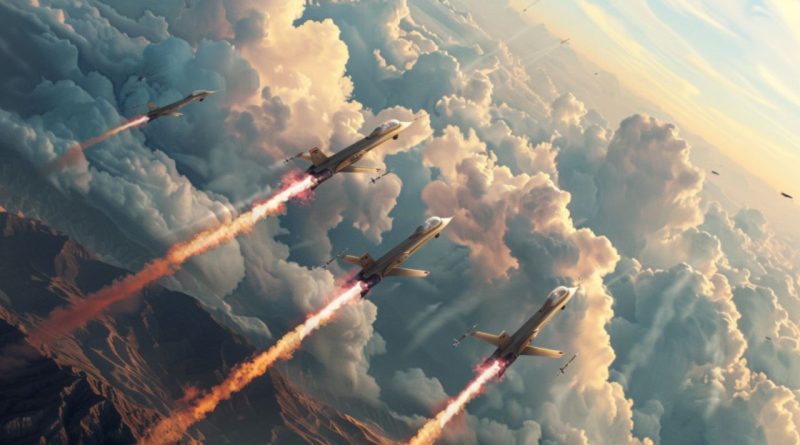
In an unprecedented escalation of tensions in the Middle East, Iran launched a massive attack involving around 300 drones and missiles targeted at Israel.
This direct assault marks a significant uptick in the regional hostilities and draws global attention due to its scale and the involvement of multiple state actors.
Details of the Attack
Iran’s Islamic Revolutionary Guard Corps (IRGC) orchestrated this massive strike, which was primarily intercepted by Israel’s advanced air defense systems, showcasing the country’s high preparedness and defensive capabilities. The majority of these projectiles were successfully neutralized before causing significant damage, demonstrating the effectiveness of the Iron Dome and other missile defense technologies Israel employs.
International Reactions and Consequences
The attack has drawn sharp criticism and condemnation from around the world. The United States, along with other Western nations, has openly condemned the aggression, underscoring the reckless nature of the assault and its implications for regional stability. The U.S. response was particularly notable, with President Joe Biden reaffirming the ironclad commitment to Israel’s security and discussing the potential for further defensive cooperation.
The United Nations and several key international players have expressed grave concerns about the potential for escalation. Discussions at the UN are underway to address the breach of peace and security this attack represents, with many fearing that this could lead to a broader regional conflict if retaliatory actions escalate.
Background and Motivations
The motivations behind Iran’s decision to carry out such a large-scale attack are rooted in the ongoing hostilities and complex geopolitical dynamics of the region. Iran has often articulated its opposition to Israeli policies, especially concerning the Palestinian territories. Moreover, this attack could be seen as a demonstration of strength and capability by Iran, intending to deter future actions against its interests in the region.
Israel, for its part, has maintained a stance of robust defense, with the government indicating that it will respond appropriately to protect its sovereignty and the security of its citizens. The Israeli military has been put on high alert, and strategic discussions are ongoing to address both the immediate fallout and long-term implications of this incident.
Tense Days Ahead
This incident marks a significant moment in Middle Eastern politics, potentially altering the strategic calculations of many nations involved. As the situation develops, the international community remains watchful, hoping for de-escalation and a return to diplomacy to avoid further conflict. The resilience of Israel’s defense systems and the global response to Iran’s actions will likely shape the next phases of this ongoing geopolitical drama.
